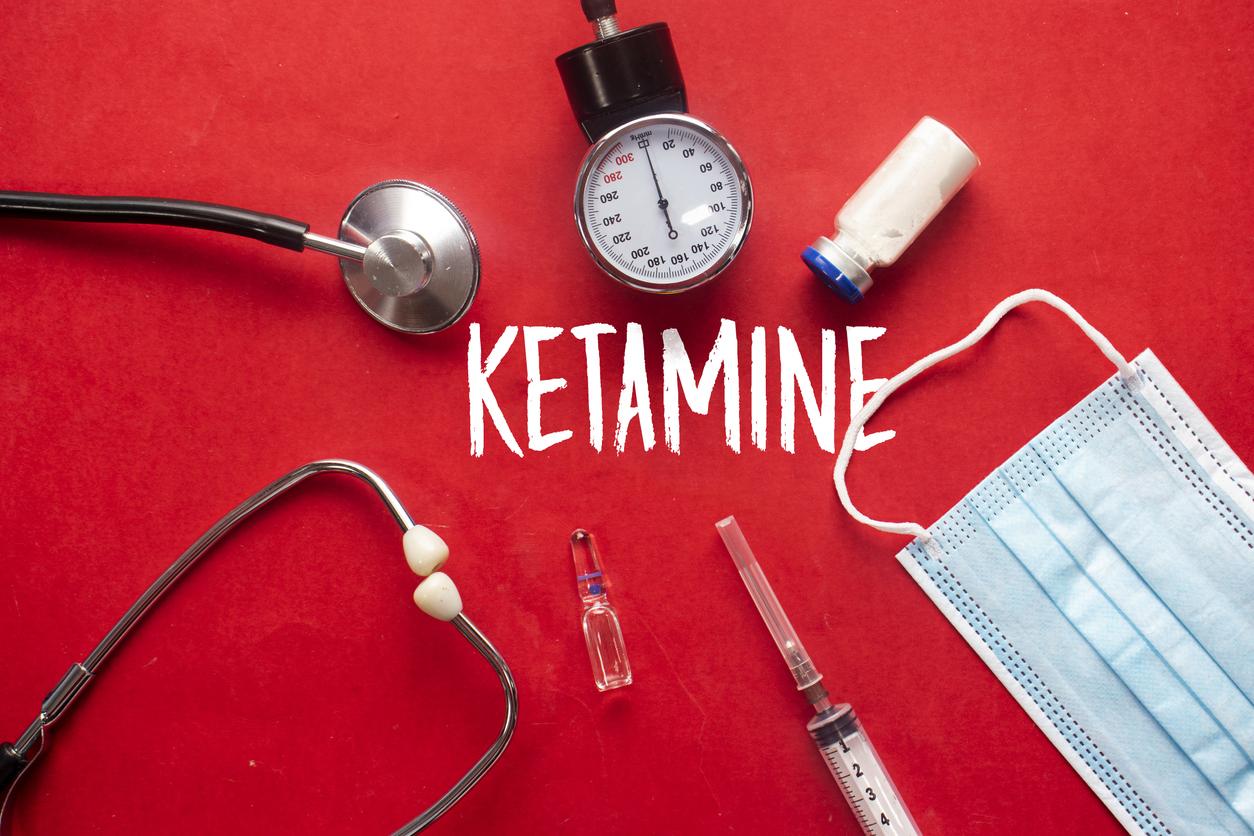Bubble tea is a drink from Taiwan, composed of tea, milk, sugar and tapioca pearls. It is particularly popular among young people. Caution ! Excessive consumption of bubble tea would not be harmless, suggests a study carried out by researchers at Tsinghua University in China, published in the Journal of Affective Disorders. Thanks to their research, specialists have succeeded in establishing a link between sugar addiction and mental illnesses such as the depression, anxiety and suicidal ideation.
Bubble tea accused of causing addiction
To assess the impact of bubble tea on mental health, researchers surveyed more than 5,000 young people aged 15 to 24 in Beijing about their drinking habits and mental well-being. More than half of them admitted to drinking bubble tea at least once a week. In order to identify addiction, scientists used the DSM-5, the Diagnostic and Statistical Manual of Mental Disorders and psychiatric disorders of the American Psychiatric Association. It takes into account factors such as persistent cravings.
The results revealed that 77% of participants had consumed between 6 and 11 cups of milk tea over the course of the year. However, some young people testified to a Excessive consumption, with 20.6% drinking between 2 and 3 cups per week, and 2.6% consuming between 4 and 6 cups per week. This too regular consumption, described as addiction by scientists, seems to be associated with fragile mental health. Young people who consume more bubble tea could use it as a means of emotional regulationthus creating a real addiction. According to researchers, this addiction could mask a problem and prevent the use of real treatment to deal with negative emotions, which could potentially worsen mental health disorders.
Loneliness, a factor that promotes addictions
The study also highlights that individuals feeling alone would be more likely to develop a addiction towards comforting substances, like bubble tea. This drink, rich in caffeine and sugar, can contain up to 100 calories per 100 ml, more than double that of a standard soda. The researchers point out that scientific work Previous studies have already demonstrated the harmful effects of excess sugar on mental health.
However, to reach more precise conclusions, researchers insist on the need to conduct new studies on a larger scale and over a longer duration. In the meantime, it is important to take into account the possible harmful effects of overconsumption of bubble tea, and more generally of hyper-sweet drinks, and to maintain a balance in our eating habits to preserve our well-being.
Sources: New form of addiction: An emerging hazardous addiction problem of milk tea among youths, sciencedirect.com

















